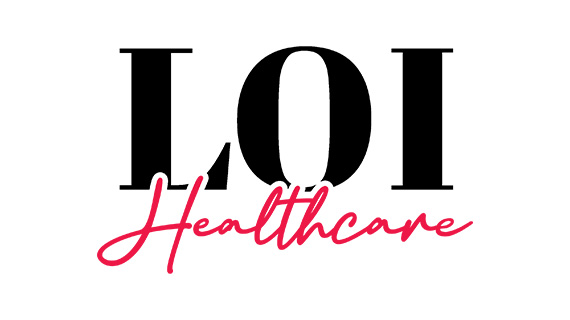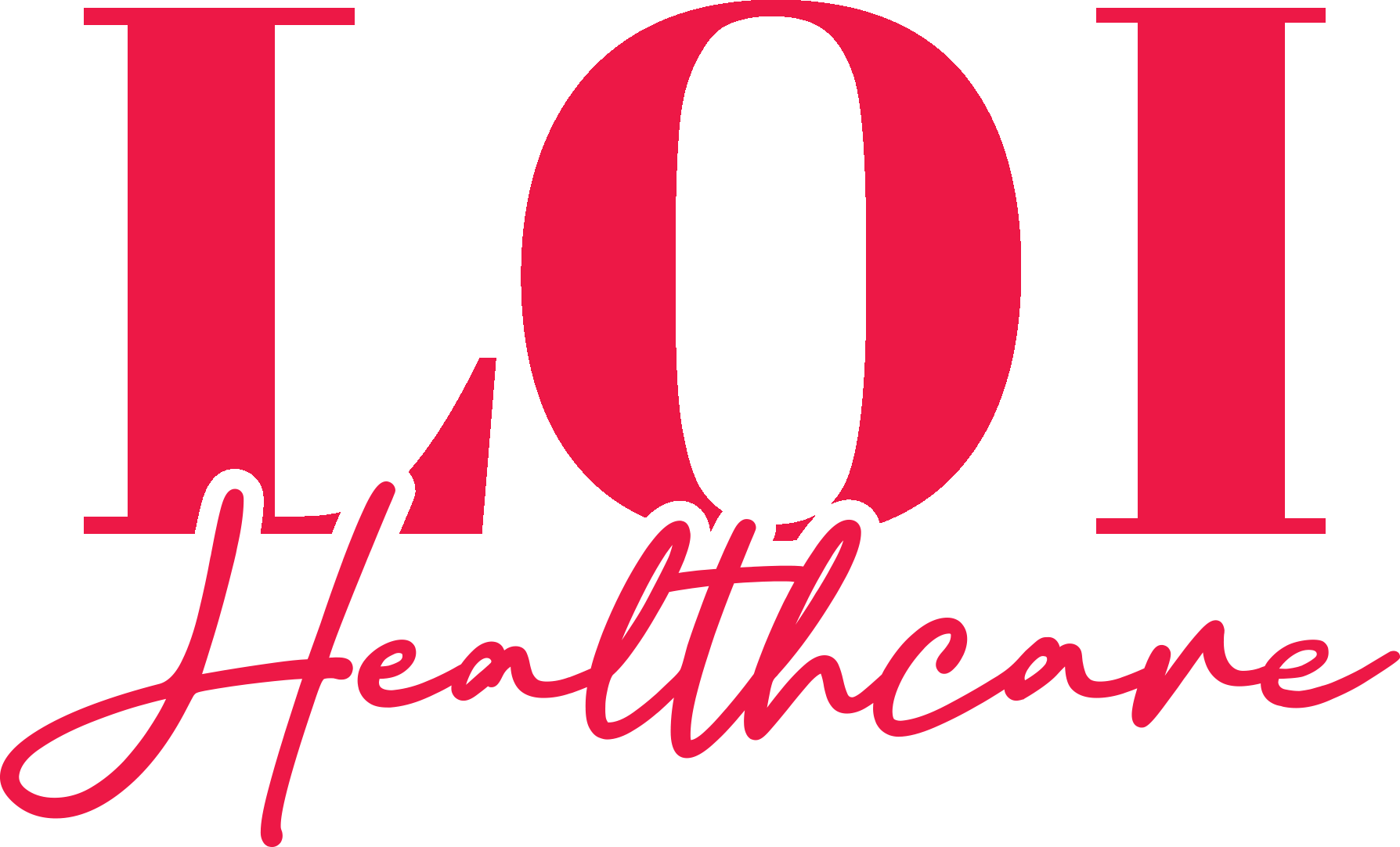Zinc
What is Zinc?
Zinc is one of the trace minerals essential for the body. Since zinc is not produced by the body, it is an essential molecule that must be taken from the outside. Contrary to popular belief, zinc is not a vitamin. In order to understand the importance of zinc, first of all, it is necessary to briefly talk about enzymes.
Enzymes are the substances that are necessary for each reaction in the body to work at full efficiency. Enzymes make use of certain minerals and vitamins while performing their functions. Zinc is one of the most important of these minerals. Zinc is necessary for the functioning of about 200 enzymes in the body. Therefore, zinc mineral is needed for healthy body functions.
What is Zinc Deficiency?
Adult and healthy individuals need about 15-20 mg of zinc mineral daily. This amount may vary depending on factors such as pregnancy, breastfeeding, various diseases, growth and development, and gender. The inability to meet this amount can be caused by various factors such as inadequate or unbalanced nutrition, chronic health problems, and pregnancy. Zinc deficiency occurs as a result of not meeting the daily zinc requirement for a certain period of time for any reason. Although the daily requirement is low compared to some other minerals, zinc deficiency is a health problem that shows quickly and is therefore common because it cannot be stored in the body.
What Does Zinc Do?
- At the end of many reactions in the body, antioxidant substances that are harmful to the body are formed. Especially harmful substances such as smoking increase the formation of antioxidants. These substances must be removed from the body or rendered harmless.
- Certain enzymes and molecules are used to remove antioxidants. The enzyme called superoxide dismutase produced in the body is the body’s natural antioxidant. Zinc mineral is absolutely necessary for this natural antioxidant to work. In cases of zinc deficiency, the antioxidant capacity of the body decreases, since this enzyme cannot work properly. Therefore, it is recommended to use zinc supplements to increase the antioxidant capacity of the body and to provide protection.
- Thanks to its antioxidant effect, zinc protects the immune system cells and helps the cells to perform their activities. Thus, the risk of contracting diseases is reduced. Apart from antioxidant activity, zinc mineral is needed during the maturation process of T lymphocytes, which is an important group of the immune system.
- The common point of hair, nail, and skin tissue is keratin tissue. The health of the keratin tissue brings about the health of these three tissues. Studies show that zinc supplementation provides a reduction in hair loss and nail breakage. This is why hair growth can be achieved with zinc supplementation in individuals with alopecia (ringworm) due to zinc deficiency. There are also studies showing a strong correlation between hair loss and zinc deficiency.
- When evaluated in terms of skin texture, it is known that zinc supports the regeneration of the skin, especially since it has skin-repairing activity. Zinc supplementation is recommended for individuals undergoing acne treatment to support the healing of wounds left on the skin after acne.
- Zinc has the ability to adhere to the inner tissue of the throat area, it can also act locally by clinging to this area. Studies show that formulas prepared as lozenges support the treatment of throat infections.
- Zinc is especially recommended for supporting appetite increase. Receptors on the tongue are responsible for the sense of taste to work. These receptors only work fully in the presence of zinc and provide the perception of the taste of the consumed food.


